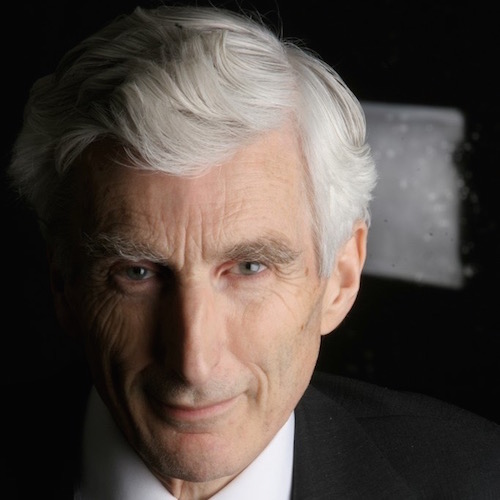 Culture & Ethics
Culture & Ethics
"Intelligent" Machine Future Would Be Devoid of Meaning

Transhumanists, you gotta love them. Or pity their withered view of the importance of humanity.
The UK’s Astronomer Royal, Martin Rees, celebrates his belief that humanity’s future will be carried on by intelligent machines. From “Cheer Up: The Post-Human Era Is Dawning“:
The far future will bear traces of humanity, just as our own age retains influences of ancient civilisations. Humans and all they have thought might be a transient precursor to the deeper cogitations of another culture — one dominated by machines, extending deep into the future and spreading far beyond earth.
Oh, joy! Oh, rapture! No real people!
Few doubt that machines will one day surpass more of our distinctively human capabilities. It may take centuries but, compared to the aeons of evolution that led to humanity’s emergence, even that is a mere bat of the eye. This is not a fatalistic projection. It is cause for optimism. The civilisation that supplants us could accomplish unimaginable advances — feats, perhaps, that we cannot even understand.
Machines won’t be able to craft “civilization.” It will just be empty, sterile programming. Not alive. Not really anything but mechanistic activity — less meaningful than the lives of the dinosaurs.
But Rees thinks that the future will belong to machine hyper-geniuses:
Interplanetary and interstellar space will be the preferred arena for the grand constructions of robotic fabricators, including the non-biological brains that might one day develop insights as far beyond our imaginings as string theory is for a monkey.
Even if true, to what end? There would be no awe at the discoveries. No marveling. No humility in the face of the grandeur and complexity of the universe.
Just sterile computation by mechanistic non-beings, meaningless, purposeless, and in the end, pointless.
We have no crystal ball. But it is a fair bet that machines, not organic brains, will most fully understand the cosmos. They may be our own remote descendants. Or they may be out there already, orbiting distant stars. Either way, it will be the actions of autonomous machines that will most drastically change the world, and perhaps what lies beyond.
And there would be no one to care. And, worst of all, no love. Why in the world would anything so sterile and devoid of humanity “cheer me up”?
Image: Martin Rees, by Festival della Scienza from Genova (martin reesUploaded by Snowmanradio) [CC BY-SA 2.0], via Wikimedia Commons.
